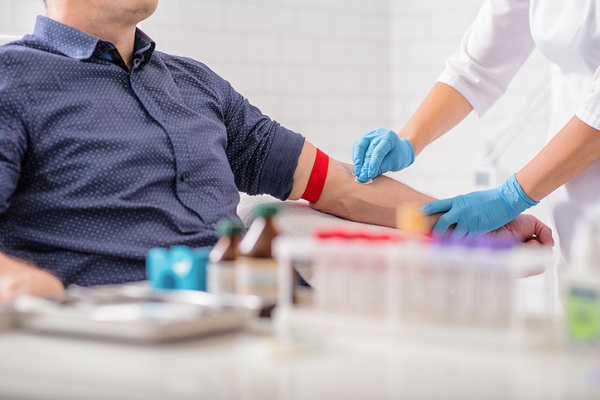
If you’re hoping to contribute to the next great medical breakthrough, there are many ways you can do it. Studying clinical research can help you learn the necessary skills to work in the industry. You’ll learn about conducting research and generating reports to evaluate the effectiveness of a drug, medicine, or other medical process.
Upon obtaining your clinical research diploma, you can apply your new skills and knowledge to various settings. Regardless of which career path you pursue, you’ll have an opportunity to help the medical world make strides. Here are four jobs where a clinical research diploma can take you to new heights.
1. Work Towards Becoming a Clinical Research Associate
You might not get this job right away, but it’s definitely worth working towards. As a clinical research associate, you’ll supervise and monitor those coordinating clinical trials, as well as file data, review reports, and make sure the trial is carried out as per the sponsor’s request. You’ll also be monitoring investigators to make sure good clinical practice is carried out and ensure proper health standards are followed, which you will learn about while studying for your clinical research diploma. Clinical research associates may sometimes be responsible for explaining the process to subjects, so if you have good communication skills that can help you in this job.
2. A Clinical Research Coordinator Has Many Exciting Duties
As a clinical research coordinator, you’ll essentially be responsible for organizing the proceedings at a research facility and administering clinical trials, while working in collaboration with CRAs (clinical research associates) and investigators. Being on the front line of the procedures, you’ll also be expected to make sure the trials are done ethically; keep materials safe before and during their use; ensure all parties on the research team comply with rules and regulations; and prepare the site and help screen and recruit subjects.

Clinical research coordinators administer the trials and organize the proceedings
3. Highlight Your Leadership Skills as a Clinical Research Project Leader
This is a job you could work in if you love showcasing your leadership skills and already have some experience in clinical research. Here, you’d be the one managing and planning the clinical trial, and leading a team of specialists and CRAs. You’d train staff and evaluate their performance. You will also be responsible for financial and accounting tasks, act as the liaison between the site and the sponsor, and cultivate relationships with both as well as with staff and investigators. Your ability to communicate, manage projects and lead others effectively could make you a great fit for this role.
4. A Clinical Research Diploma Can Also Lead to Work in Clinical Data
If you have analytical skills and a particular interest in breaking down data, numbers and research, a position as a clinical data management associate might be for you. Your clinical research program can help you prepare by teaching you how to analyze and collect data. Not only do clinical data associates have to make sure the correct data is collected for trials, but they also verify the data and experiments to make sure they are accurate, error-free, and reliable. They also make sure protocols are followed, communicate with other departments, and help make the process as efficient as possible.

The clinical research diploma at Oxford College will teach you about analyzing data for trials
Looking to enrol in a clinical research course?
Contact Oxford College for more information!






